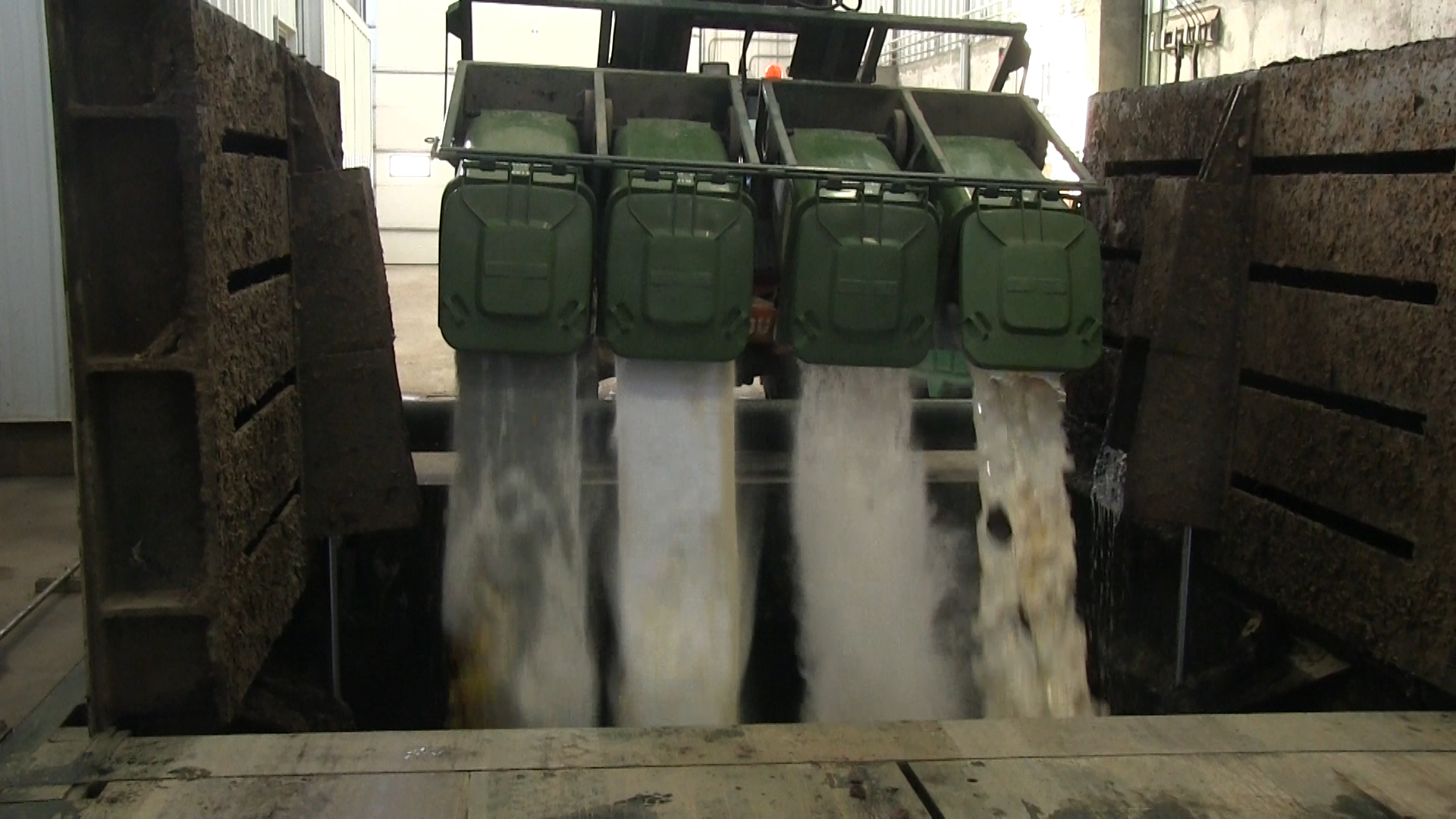A European technology has made its way to southern Alberta. For the last two decades biogas has been generating power throughout Europe. Lethbridge became home to a bigoas facility two years ago, but the facility is still not operating at its full potential. Sarah Redekop has more.
The hum of these engines carry waste that will soon become the hum of electricity.
This is Lethbridge BioGas and it’s in the business of renewable energy.

Lethbridge Biogas picks up manure and organic material from local agricultural operations and grocery stores.
The products are disposed into anaerobic digesters that process the waste and capture methane gas.
The gas powers a large engine, which produces electricity that is distributed to the power grid.
Operations Director, Stefan Michalski, says southern Alberta has the waste biogas needs to run the facility.
“From the material that we want to collect and process, this was a natural place to start because of the largely agricultural based industry.”
Michalski says there aren’t enough local industries interested in using biogas as a means of waste disposal.
Lethbridge BioGas has the capacity to power just over 4,000 homes. Currently it’s only powering around 1,500.”
In order to operate at full capacity the plant needs more operations to use the facility for waste disposal.
Richardson Oilseed Limited is one company that has realized the advantages to using biogas.
Operations Manager, Dave Shannon, says biogas saves them on landfill costs. More importantly though, it’s better for the environment.
“As industry I think we have to have an increased awareness of the environmental impact that we’re having.”
“Michalski says their operation is in line with climate change goals. The facility doesn’t release methane gas into the atmosphere. The waste taken to Lethbridge Biogas also reduces on material that is put into our local landfill. For eNEWS, I’m Sarah Redekop.”
Landfill costs remain relatively low in Lethbridge in comparison to other cities in the province. Michalski says this may be one reason they have had difficulty encouraging companies to change their current methods of disposal.



